Abstract
Third party inspection (TPI), refers to the actions that the inspection company takes to monitor the production process and the product.
A third-party inspection company may perform various types of inspections before, during and after production, and even during the loading of shipping containers.
A Third party inspection company is an independent inspection agency that provides quality control and inspection services in a different type of field without discriminatory decisions. In business, a third party inspection agency (TPIA) plays a very important role and can do all the buyer wants, which is, to have an extra set of eyes on the product to ensure that it meets the necessary requirements before shipping.
In fact, a third party inspection agency deals with all phases of a project, usually starting with pre-inspection meetings (PIM). Inspection activities can span whole stages of a particular project, which generally may include, procurement (raw materials or pre-fabricated parts by sub-suppliers), engineering (documentation), construction/manufacturing, assembly, packing, preservation and shipping preparation, loading and unloading.
Most companies consider third party inspections a well-justified expense. They are performed by companies with strong expertise, working on the ground every day. They provide a neutral opinion on the quality of the goods and allow to keep a close eye on quality consistency on-site without having to be there.
This way, the buyers are fully aware even at distance, of the manufacturing process, and can build a confident relationship with the supplier. Moreover, despite coming at a cost, TPIs end up saving you money by helping avoid expensive errors or employing an in-house QC team.
When any dispute occurs between vendor and buyer, then it plays a very pivotal role between the first party and the second party. It checks and controls not only the integrity, quality, and efficiency of equipment in comparison with the purchase order, datasheets, drawings, technical specifications, and other reference documents of the project, but also assures safe and healthy conditions for the staff member.
A third party inspection agency involves in activities such as testing, inspection, auditing, and expediting based on the requirements of the ordered equipment. A third party inspection agency must not be involved in the design, procurement, fabrication, construction, installation, and commissioning, but conducts expediting, auditing, and inspection activities during all these steps based on those agendas, QCPs, and ITPs that are arranged and agreed upon between the parties.
Inspection is done by a third party inspection agency (TPIA) based on customer requirements, manufacturer procedures, or government trade service requirements. (Subline?) Since these inspection services tend to make sure that all the products are made under quality standards, the final consignments are least likely to have any defective items in the stock of the final product.
The inspection team not only gets in touch with the suppliers but also involves the needs of the customers or consumers. They take views from the consumer markets and customers by visiting the fields and then provide the suppliers with the exact demand figures. Then it is ensured that the product is manufactured only in the demanded quantity, which saves the suppliers from overproduction or underproduction. Since the products are manufactured in limited numbers, they tend to be more defect-free and perfect as they are produced cautiously and with great care.
After inspection of the consignment based on the customer or consignee requirements or according to standard / specifications, TPIA provides the testing results and details of inspection activity mentioned in a report. If the result is accepted or pending or any type of deviation occurred during the inspection, it will be mentioned in the report. Furthermore, TPIA offers different types of services such as Auditing, Expediting, Consulting, ISO Certification, Inspection, Testing and Analysis, Sourcing, Training, etc.
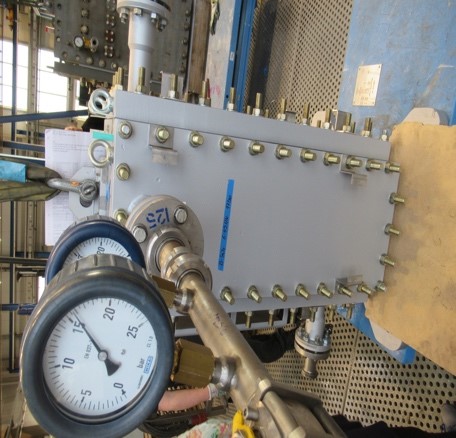
The final random Inspection (or pre shipment inspection) is generally done for QC check from the sampling method.
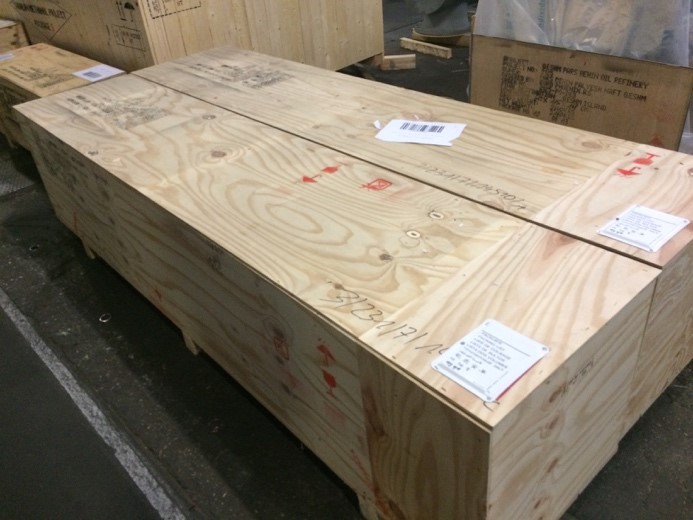
The third party inspection is very beneficial for quality census organizations and nowadays every person wants quality in accordance with their own standards or international standards.
TPIA (Third party inspection agency) inspects the quality and quantity (by piece count or test weight method) of consignment based on buyer requirements or a specific standard(s) that corresponds with the consignment. If any deviation occurs in the quality and quantity at the time of quality check, a third party inspector also informs the client of all the relative points mentioned in his report.
Another one of the aspects that a third party inspection company handles is the shipment process of the products. The team makes sure that the material used for packing, size, and weight, are all according to the rules of the transportation. This helps the product reach its destination safely, without the fear of the product getting broken, shattered, or leaked during the transportation process.
(TPI) service is also offered for loading inspection. Before loading, the container is checked to ensure it is free of defects. Then, the quantity and visual quality of consignments are checked and compared with the reference documents such as the packing list, invoice, bill of material, bill of lading, etc. Afterwards, the handling and loading of products are supervised by the TPI inspector, and finally, the container is sealed.
Why is Third Party Inspection Necessary?
The Third Party Inspection is done by a qualified company independently where the inspection team makes pure and unbiased decisions about the performance of a company and the quality of the offered goods.
Since the Third Party Inspection is done by an independent firm, therefore, it doesn’t have to make biased decisions to please the supplier or the buyer, and also a Third Party Inspection firm is accredited and its inspection staff is fully trained. Therefore, there is the least chance of overlooking any anomalies or imperfections in the product, and finally, the reports are issued based on an executed inspection.
For any firm in the business, profit is perhaps the key objective. In order to maximize this profit, the business would like to increase its revenue streams and cut down costs as much as possible, without compromising on quality, of course. To the surprise of many, even though hiring a third-party for product inspection may appear to add to the cost of the business, in a wider perspective it actually helps to cut down costs for the business: compared to hiring a personal product inspection team, as well as compared to the possible losses that may arise from no or unreliable product quality control.
Integrity issues are a concern for businesses all over the world, but perhaps even the more for buyers situated far away from the production unit who are unable to supervise the work process themselves. In such situations, bribery and petty corruption are concerns that are not unheard of, and even though it might be extremely difficult for the administrators to specifically pinpoint hidden acts of bribery- such as paid for the transportation of the inspection team- these instances can greatly be reduced using a professional third-party inspection team.
One of the main benefits of third party inspection, as opposed to those performed by either the manufacturer or the buyer, is that the inspectors performing TPIs are unbiased by either side and can thus deliver a verdict that is fair without compromising the interests of either party – while, of course, looking out for the client and the requirements put forward. In simple words, their decision will only be influenced by hard facts and both participants of the manufacturing process will be able to get a clear picture of where they stand in the current project.
One of the principal advantages of third party inspections, rather than those performed by either the maker or the purchaser, is that the assessors performing TPIs are impartial by either side and would thus be able to convey a decision that is reasonable without bargaining the interests of either party – while, obviously, paying special mind to the customer and the necessities set forward. In straightforward words, their choice may be impacted by hard realities and the two members of the assembling cycle will have the option to get away from where they remain in the current venture.
The third party inspection firm often has very stringent rules regarding unnecessary mingling with the production team, as well as receiving even the smallest of favors that might bias the judgment of the staff towards the production team or unit. These laws play a major role in ensuring that only a highly professional environment is maintained in the workplace.
In addition to this, the fact that there is constant revolving of inspection staff for a given business prevents unnecessary familiarity of the production team with the inspection staff. This is one of the prime advantages of outsourcing quality control because the same people are unlikely to inspect the products on multiple occasions.
Another advantage of hiring a third party inspection agency is the benefit of having need-based short-term contracts as required by the buyers. He does not need to hire a team that has to be paid and accounted for around the clock, even if the services are required only once or twice a year. A third party inspection team offers highly flexible contracts that can be drafted and signed when required- saving the buyer a great deal of money.
It also means that the third party inspection team can be called upon in a relatively short period of time, such as when the buyer lands a new client that requires an urgent product inspection. In such circumstances, hiring a new team or arranging for their travel expenses may be more costly and time-consuming than contacting third party company professionals who already have in place a wide network of professional staff situated all around the world.
Perhaps an advantage that is often overlooked is that a third-party inspection company is much more acquainted with the local language and cultural norms than would be the team of individuals coming from a foreign country. Many times, buyers import products from a country that does not have the same language as theirs; so even if the top management may be able well-versed in the importer’s language, it is unlikely that the junior production staff would be. For this reason, having a local team of inspectors would mean that they are better able to scrutinize the production process without facing any language barriers or violating any cultural norms.
One more reason that buyers might prefer outsourcing the quality inspection process is that the third-party often offers an array of different services not limited to product inspection only, such as supplier evaluations or lab testing. This can act as a great convenience for the buyer/owner for all the reasons mentioned above, as well as the idea of a one-stop shop that offers solutions to multiple problems that a buyer may face.
On top of that, all the services offered are by highly trained professionals who adhere to given standards and rules so the risk of product rejection in the local market is greatly reduced. Overall, the cost of hiring multiple teams for each function greatly exceeds seeking the help of a third party, so that you can work in a stress-free environment.
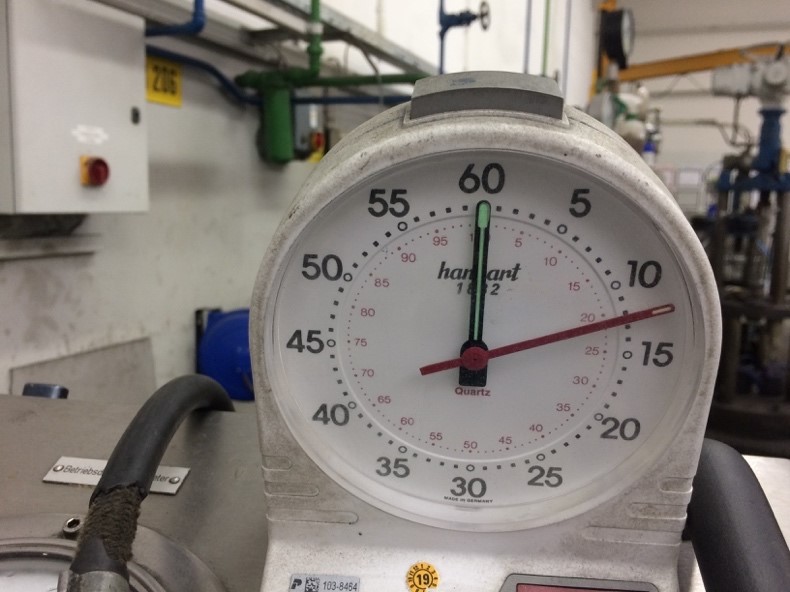
The inspection reports issued by an authorized TPI agency have stamps like ISO certified or inspected by Third Party Inspection, which adds more value to the trustworthiness of a firm. When a firm hires a TPI, it also becomes bound to the decisions taken by the inspection team, and it then follows all improvements suggested by the inspection team.
In such a way, the supplier sets itself on track to avoid mistakes, follows all obligatory local and international standards, and therefore, makes defect-free products that serve customers at their best.
How to choose a third-party inspection (TPI) company?
Third party inspections are regularly performed by ISO 9001-certified organizations with significant experience, prepared, and concentrated groups on not many or a few item classifications. Picking the correct third party inspection supplier is a significant advance in guaranteeing careful quality control in light of a legitimate concern for the end-shopper.
Normally in business practice, the choice of a third party inspection company and costs of inspection are both the responsibility of the buyer, and also in the interest of the buyer. Because if the TPIA is on the seller’s side, they will likely bribe the inspector. It should be noted that the inspection of goods by the third party inspection company must be done at the origin because both the consignment has not yet shipped and the tariff for inspection at the origin is cheaper. However, if the inspection is carried out at the destination, the buyer would face higher costs because there is not much the inspection company can do and defects could not be recorded as errors before shipment.
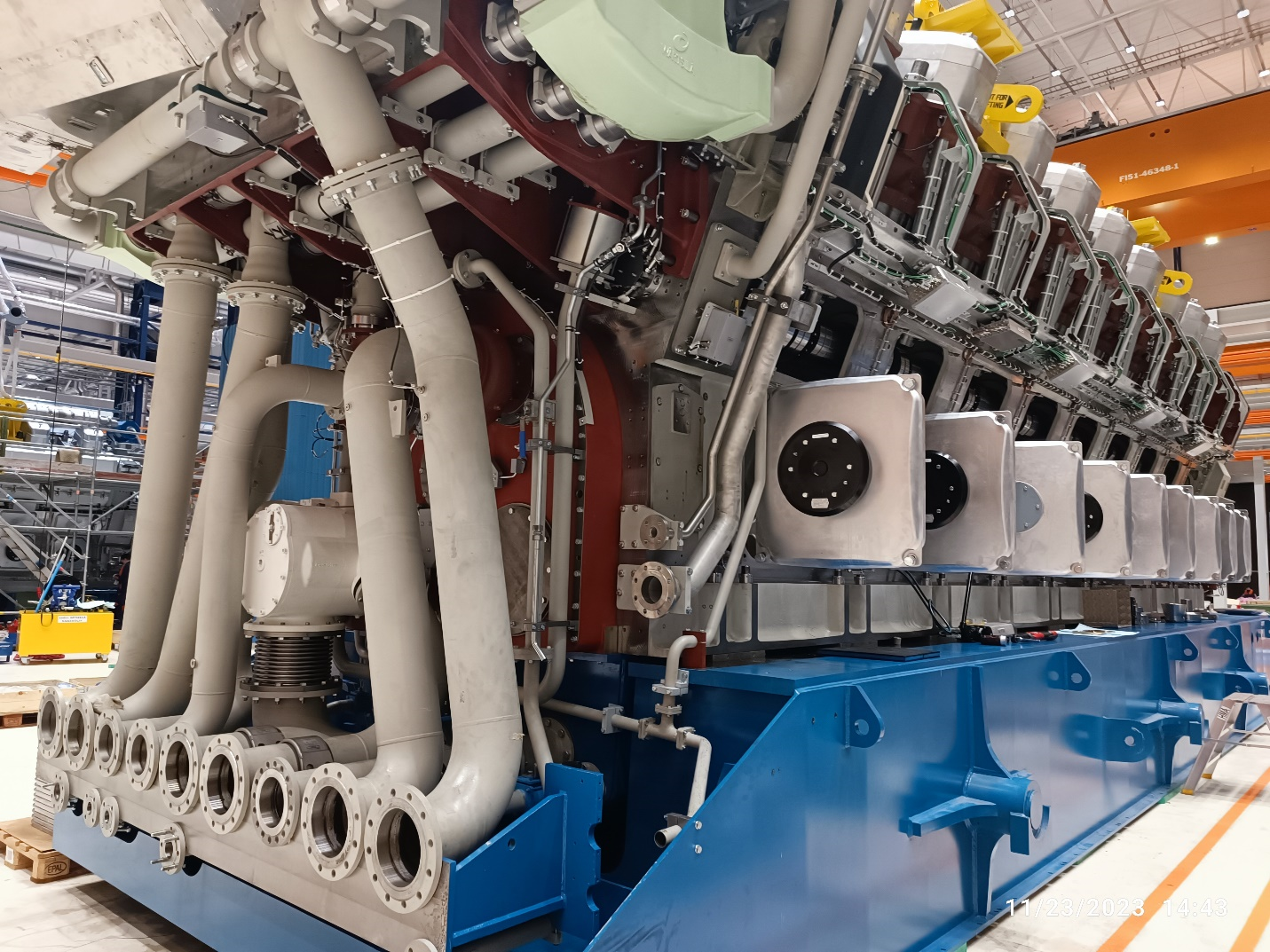
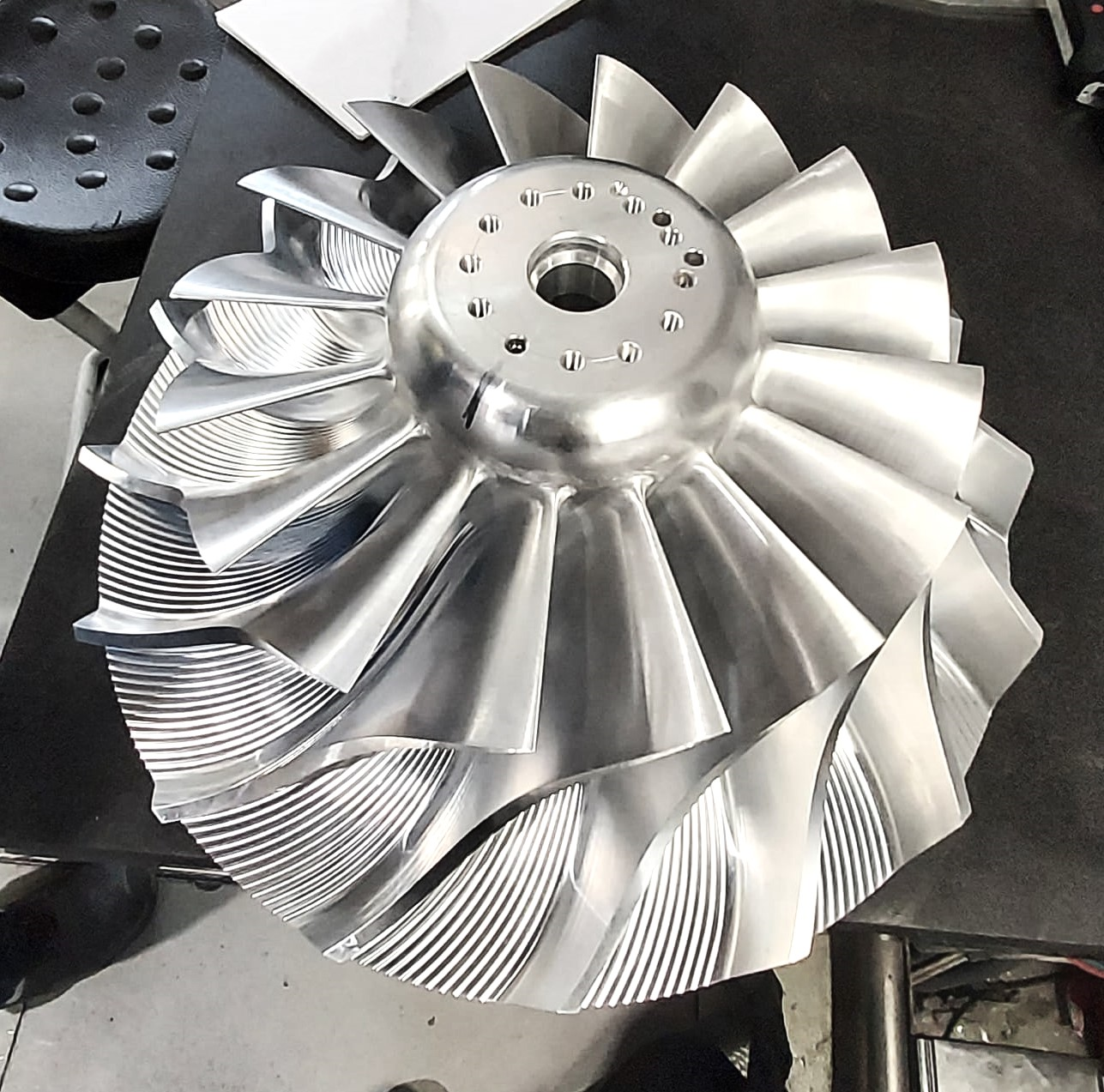
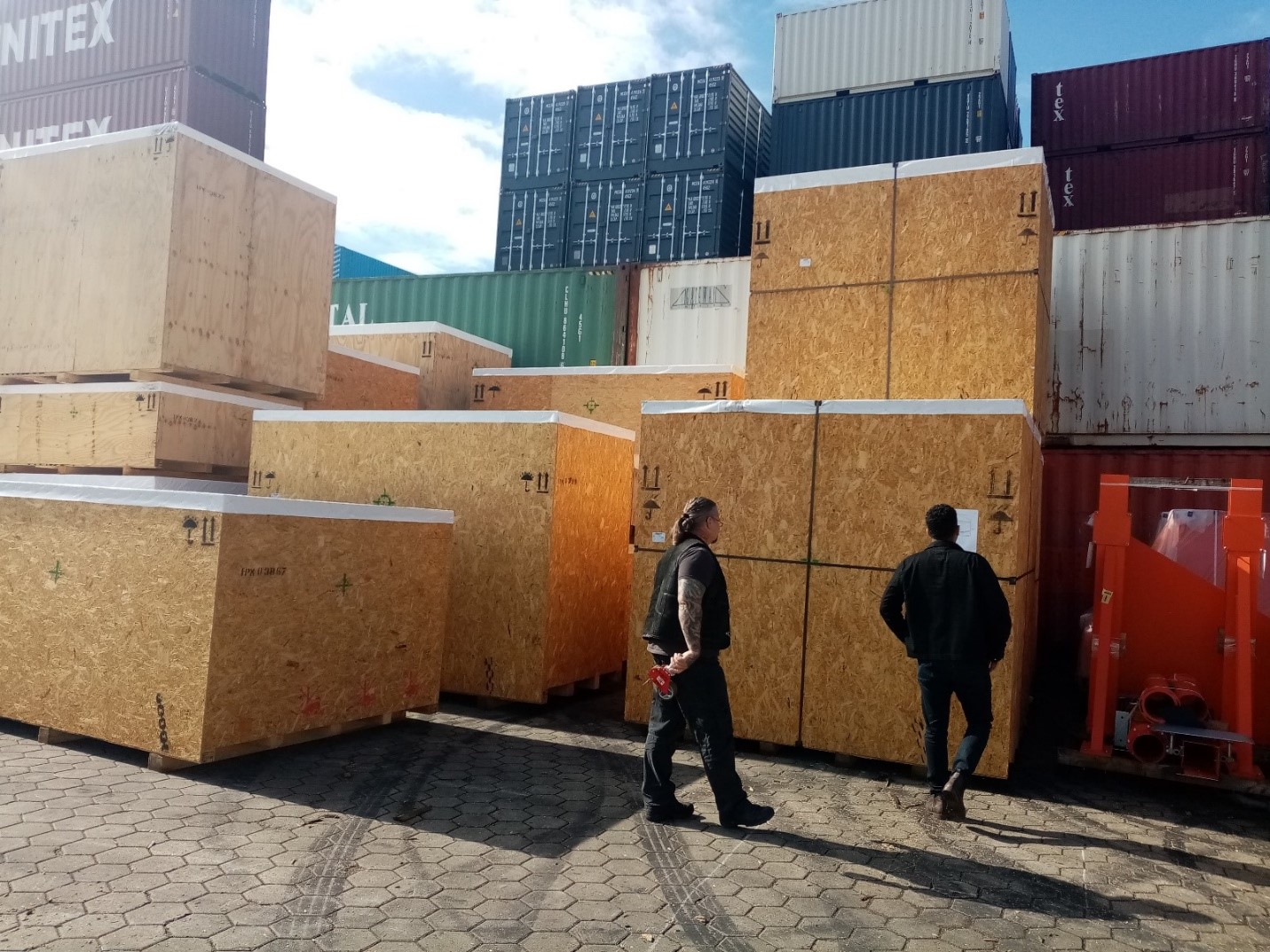
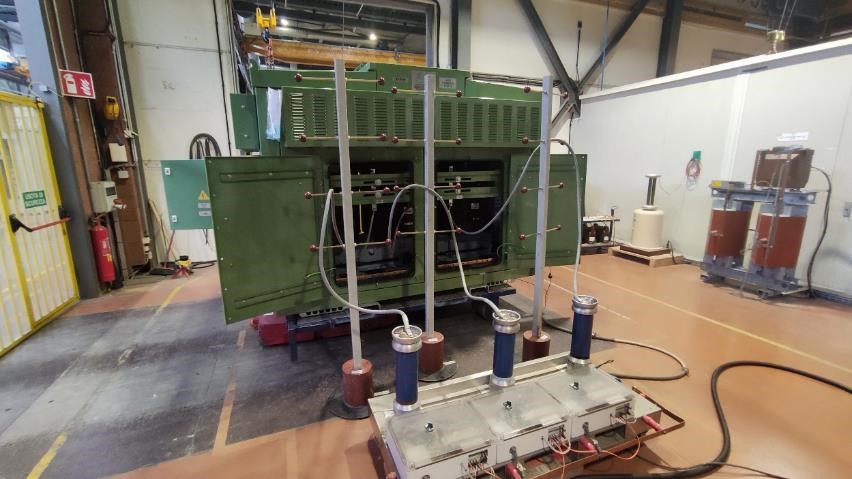
Shojaei
A third-party inspection agency (TPIA or TPI) is a business organization, complying with the ISO 17020 standard
Lee P. Carrillo
This article is full of some well-researched information. You have made valid points in a unique way. The information about third party inspection service is amazing and helpful
Clay T. White
I’m starting to think I need to reconsider my own thoughts on this topic. That’s how highly influential your views are in this article. After reading this article i get to know more about third party inspection .